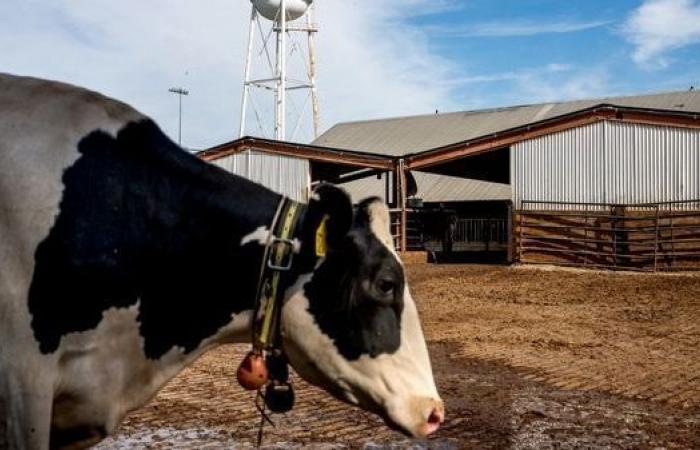In the United States, a laboratory is working this November on the development of a pill that blocks the production of methane in cows. Around forty people are collaborating on this project in a Californian research laboratory. He is notably supervised by Jennifer Doudna, recipient of the Nobel Prize in Chemistry for the invention of CRISPR “molecular scissors”, a technology for modifying genes.
This time, it is still a question of genetics, but at the level of the microbiota of cows and other ruminants. The idea is to genetically transform the intestinal flora of ruminants so that they stop producing methane during digestion. Methane is in fact the second greenhouse gas after CO2.with a warming power 80 times greater than the latter. Hence the importance of tackling this problem. A cow emits on average 100 kg of methane per year through the natural digestion process.
Helping cows produce less polluting gases
Researchers plan to identify, among the billions of microorganisms present in the microbiota of ruminants, one or more bacteria likely to be genetically modified. These bacteria could thus act as hydrogen “sensors” in the digestive system, preventing its transformation into methane. These modified bacteria would be administered to ruminants in the form of a pill or injection, ideally all at once, from the start of their lives. Although success is not guaranteed, the research program will span seven years.
**>> World Toilet Day: why it's time to look at the big greenhouse gas emissions in our little corners
**While waiting for this pill or injection to arrive, other solutions exist to make farms emit less methane. Food supplements, already available on the market, help reduce the production of methane in the digestive system. These supplements can be synthetic, in the form of specific molecules, or natural, such as the addition of alfalfa, algae or even flax in the traditional diet of ruminants.
In France, work by the National Research Institute for Agriculture, Food and the Environment (Inrae) shows that these methods can reduce methane emissions by 20 to 40%. However, these dietary changes come at a cost and are not enough to completely eliminate the problem. A complementary solution lies in reducing meat consumption
to limit methane emissions linked to livestock farming.
France






